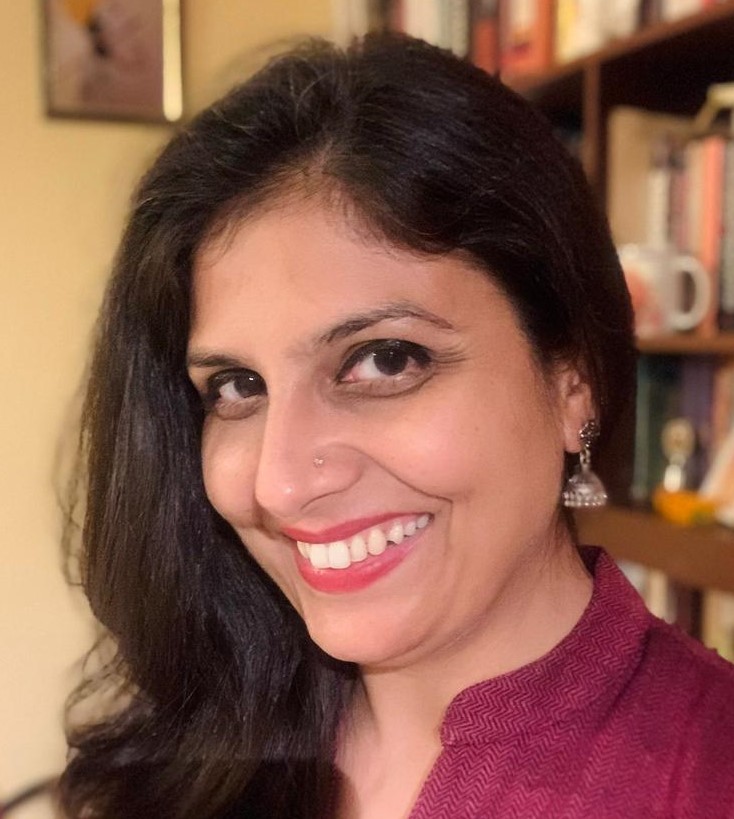By Shruti Pushkarna
Over the last year-and-a-half, through this column, I have highlighted the sheer neglect and absence of empathy towards persons with disabilities. It is apparent in our policies, provisions, their implementation, legal framework, news coverage and above all in our general lingo. We don’t care about the disabled. As harsh as it may sound, it’s true.
Disability seems to be the last on any agenda, that is, if it pictures at all. It took us a while to acknowledge equal rights of women, homosexuals, transgender and so on. One wonders how many years to go before we can dignify the existence of the country’s disabled citizens. This when more than one billion people in the world are living with some form of disability.
Let’s look at the ongoing vaccination drive to prevent the third (or fourth or fifth) wave of Covid-19. Periodically, the government and the media showcase data, citing millions of doses administered across states. But there are no numeric mentions of jabs taken by the disabled community. There are ample media stories speculating the efficacy levels of different brands of vaccines, the shortage of centres or doses, distribution issues etc. What’s missing from the coverage is that there are no systems in place to ensure persons with disabilities have proper access to the process.
Most people can go online and make an appointment or register themselves on the CoWin app. But is it really accessible to all? There are many blind and visually impaired people who are unable to make an appointment using the drop-down menu on the website or the mobile application. People with vision impairment use screen readers to interact with their digital devices. And drop-down menus not designed adhering to accessibility guidelines, are almost impossible to navigate.
Moreover, the assumption behind online registration is that everyone has access to a smartphone. That is fallacious, because a sizeable chunk of the disabled population has no access to mobile phones or Internet. It’s almost as if the process is designed to exclude.
Physical access to the vaccination centers is also an uphill task for the disabled folk. Traveling from point A to point B is not easy in these times because social distancing is hard to maintain for people who heavily rely on physical assistance. Even if hospitals have ramps for wheelchair access, the staff lacks the awareness of how to engage with a person with hearing impairment or visual impairment, or someone with autism or cerebral palsy. Not every disabled individual is lucky to have a caretaker accompany her or him. Not to mention disabled couples who live alone or worse, have been discarded by their families.
But all the raving and ranting about this issue is confined to closed discussion groups or disability welfare forums, that struggle to find a mainstream voice for advocacy. The media doesn’t report. And so the policymakers and the medical fraternity couldn’t care less.
Speaking of reportage, the two-child policy was in the news earlier this month. After Assam, Uttar Pradesh is pushing for a new norm in the state, aiming to bring the birth rate down to 2.1 per thousand population by 2026 and to 1.9 by 2030.
The draft bill emphasises on incentives and disincentives with regards to government jobs, schemes and provisions. Uttar Pradesh is not a lone player, states like Rajasthan, Madhya Pradesh, Maharashtra, Gujarat, Uttarakhand, Andhra Pradesh and Telangana have had some form of the two-child norm in place. They have restricted people with more than two children from contesting Panchayat elections or made them ineligible for government jobs.
The UP Chief Minister’s announcement evoked quick reactions from political, social and religious groups. Followed by analysis and opinion pieces in leading publications. While some focused on the very method of population control and the draconian disincentives, there were others that drew attention to the disastrous impact on women and poor people.
But I don’t intend to debate on the premise of such a law or its implications on a select few. I simply want to cite some elements from Chapter III on General Exceptions.
Titled, “Of Death or Disability of Child”, this section states, “Notwithstanding anything contained in this or any other law for the time being in force, an action of an individual shall not be deemed to be in contravention of the two-child norm under this Act, if the either, or both, of his children born out of the earlier pregnancy suffer from disability and the couple conceives a third child subsequently.”
India ratified the United Nations Conventions on the Rights of Persons with Disabilities (UNCRPD) in 2007. And yet the above section violates the principles of UNCRPD as well as the Rights of Persons with Disabilities Act (RPWD) 2016. The disregard for the disabled is appalling. The law seems to empathise with families who suffer from the birth of a disabled child. There seems to be no hesitation in equating Death with Disability in this rule of exception.
The RPWD Act advocates for inclusion and empowerment, for equal rights and reasonable accommodation. And here’s a new legislation that undermines it all.
Still no mention of any of this in the news pieces dissecting the proposed draft bill.
It brings me back to the point where I started off. Are we guilty of willfully ignoring 2.1% of the 130 crore Indians? Aren’t their concerns significant enough to garner some media attention?
Source- https://www.mxmindia.com/2021/07/who-really-cares-about-disability/


Facebook comments